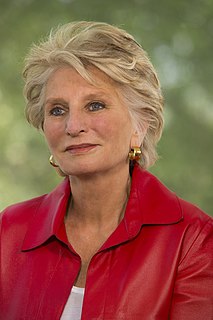A Quote by Marvin Ammori
One goal of law - as we learn in law school from the first day of contracts - is to deter bad behavior.
Related Quotes
We make a big mistake when we conclude that the law is the answer to bad behavior. In fact, the law alone stirs up more of such behavior. People get worse, not better, when you lay down the law. To be sure, the Spirit does use both God's law and God's gospel in our sanctification. But the law and the gospel do very different things.
Gun-free zones don't deter criminals-they help them by providing a guarantee that they will not face any armed resistance. But they do deter the law-abiding. A faculty member with a concealed-handgun permit who breaks the campus gun ban would be fired and likely find it impossible to get admitted to another school. Bringing a firearm into a gun-free zone can have serious adverse consequences for law-abiding people. But for someone like the Virginia Tech killer, the threat of expulsion is no deterrent at all.
The law is equal before all of us; but we are not all equal before the law. Virtually there is one law for the rich and another for the poor, one law for the cunning and another for the simple, one law for the forceful and another for the feeble, one law for the ignorant and another for the learned, one law for the brave and another for the timid, and within family limits one law for the parent and no law at all for the child.
The Gospel is temporary, but the law is eternal and is restored precisely through the Gospel. Freedom from the law consists, then, not in the fact that the Christian has nothing more to do with the law, but lies in the fact that the law demands nothing more from the Christian as a condition of salvation. The law can no longer judge and condemn him. Instead he delights in the law of God according to the inner man and yearns for it day and night.
If he who breaks the law is not punished, he who obeys it is cheated. This, and this alone, is why lawbreakers ought to be punished: to authenticate as good, and to encourage as useful, law-abiding behavior. The aim of criminal law cannot be correction or deterrence; it can only be the maintenance of the legal order.




































